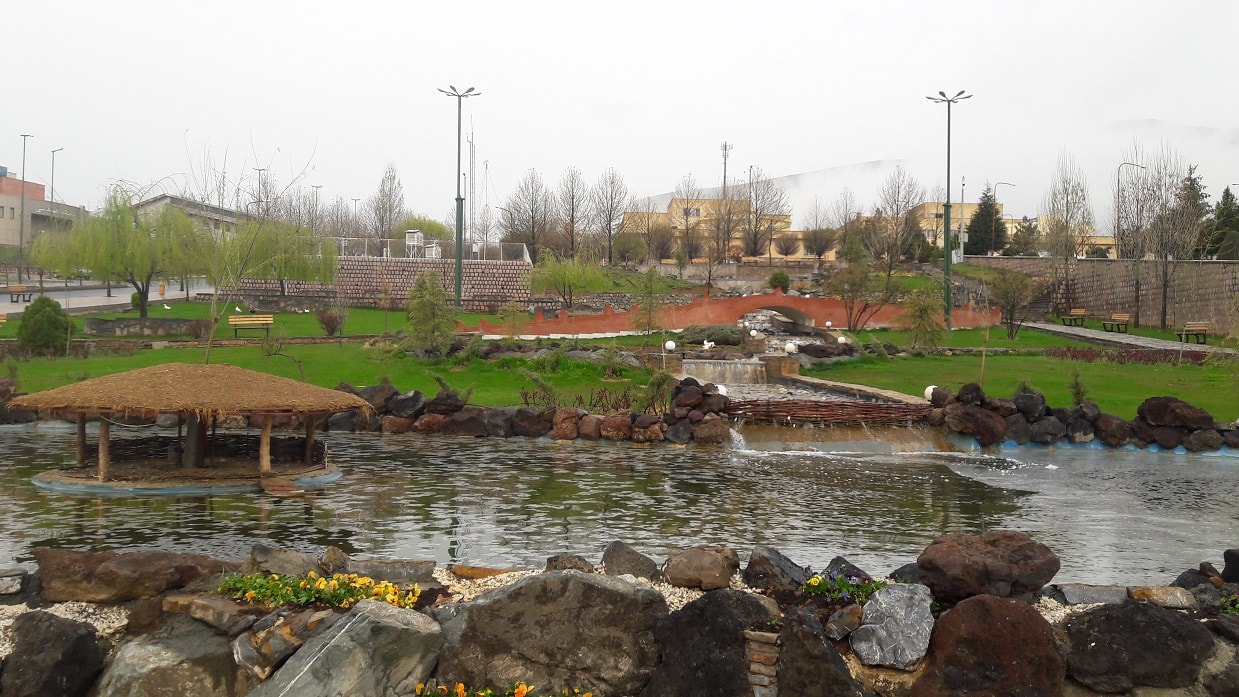The University of Kurdistan (UOK) commenced its activities as the Higher College of Sanandaj, an affiliate of Tarbiat Moallem (Teacher Training Institute), Tehran in the academic year 1974-1975. Its first intake of students was in the field of Mathematics Teacher Training. In the following academic year, the college became an off campus faculty of Kermanshah’s Razi University and was thereafter named the Sanandaj Faculty of Teacher Training.
In addition to admitting students in Mathematics Teacher Training, it began to accept students in Chemistry and English. By expanding its pedagogical activities and conducting research in a wide variety of fields, this teacher training unit was granted university status by the Ministry of Higher Education and Culture in 1991. Henceforth it became known as the University of Kurdistan. Since then a great range of courses at various levels have been added to the university’s graduate and postgraduate programme lists including a postdoctoral course offered by the Department of Chemistry.
Currently, University of Kurdistan has nearly 9000 students, of which nearly 25 per cent are postgraduate students. University of Kurdistan has 8 faculties and 51 departments offering 172 undergraduate and postgraduate courses. Moreover, UOK employs approximately 350 full-time academic faculty members with over 95 per cent having Assistant Professorship or above grading (14 Full Professors and 64 Associate Professors).In addition, many part-time teaching staff are employed and the number of administrative staff totals 202.

University of Kurdistan has an active research community with internationally recognized academic staff who have published 210 ISI articles in the past year, 180 of which have Q1 and Q2 JCR ranking. In addition, academic staff have published 250 scientific research papers in national journals and 400 academic papers have been presented at national and international conferences. Currently, the university has 6 research institutes and 5 academic journals and has its own publishing press with many yearly publications. Moreover, UOK has plentiful research and teaching laboratories to aid students and staff at all faculties.
UOK has a non-centralized administrative structure managed by the Board of Trustees (which has the highest position in the University and overlooks future educational expansion, financial projections and other major plans of the University), the Chancellor, 5 Vice Chancellors (Vice Chancellors of Educational Affairs, Research Affairs, Student Affairs, Financial Affairs and Cultural And Social Affairs), Board of Directors and the University Council.